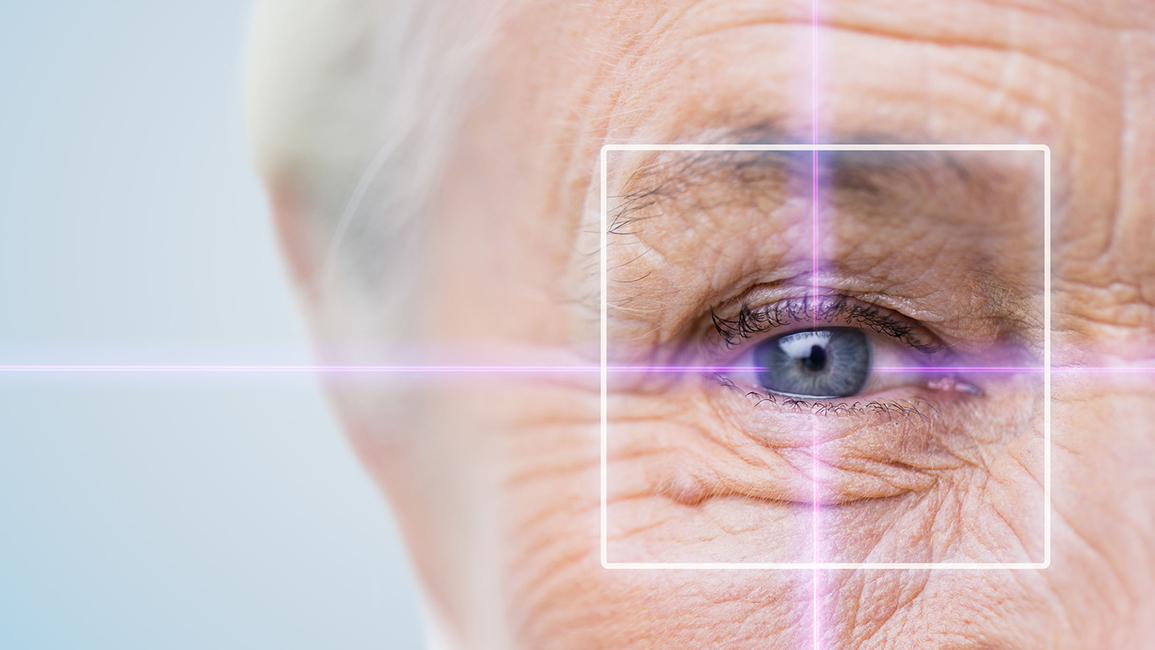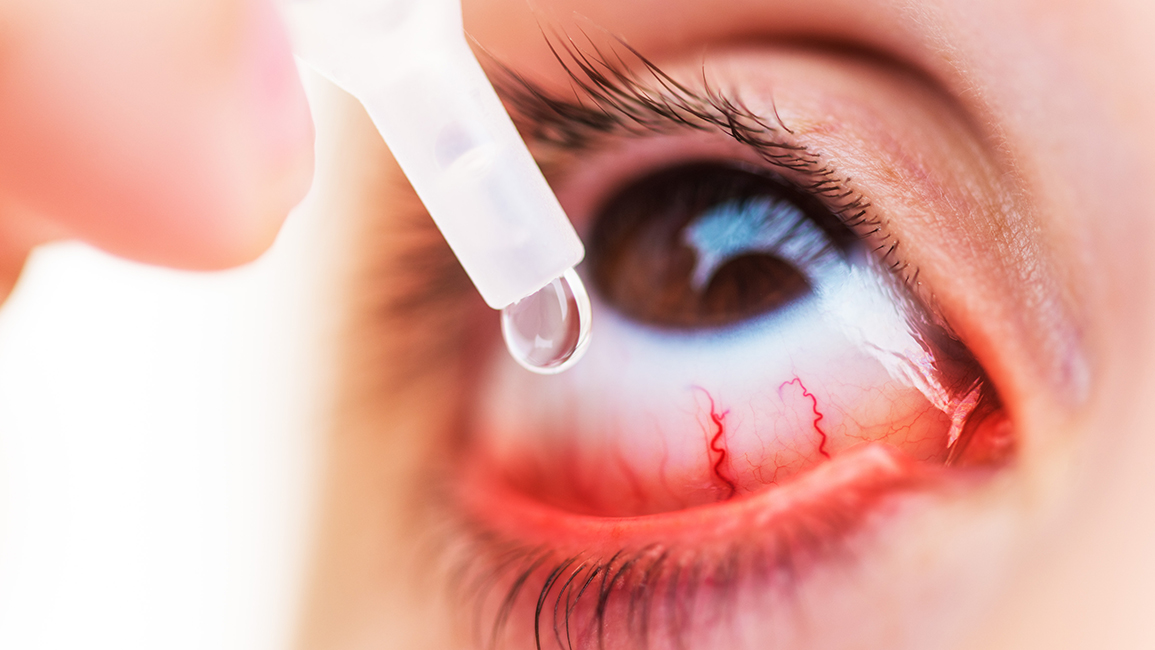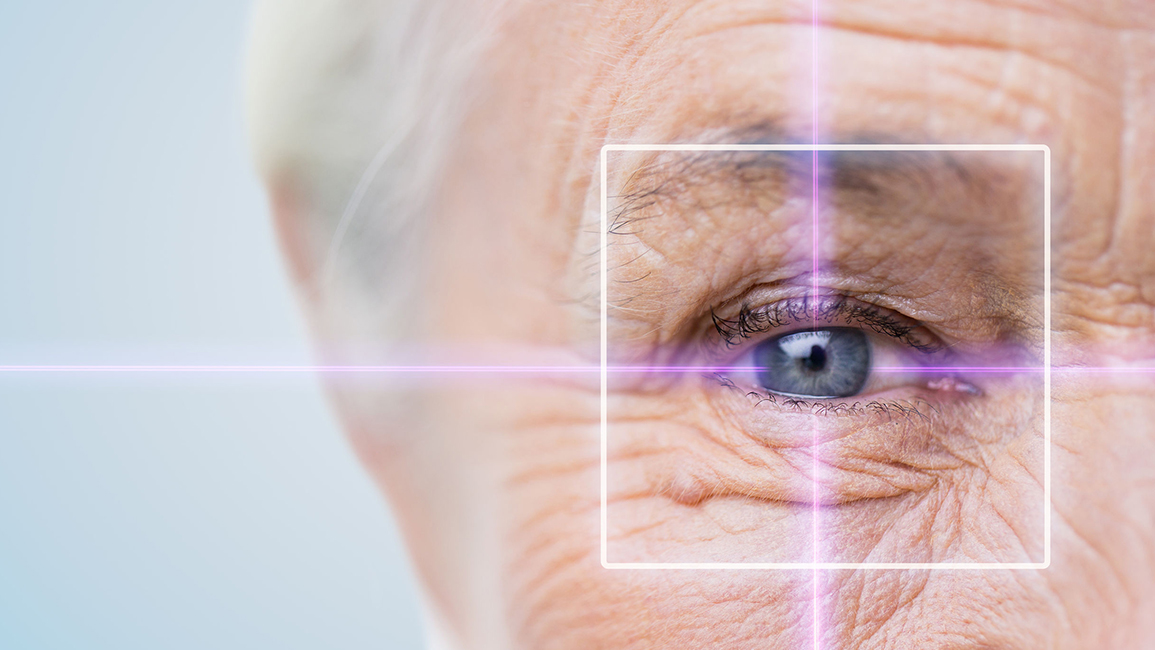Guideline before and after cataract surgery
Center : Eye Center

Preparation for cataract surgery
- Due to the fact that during surgery, patient must lie down, without support from pillow and cover the face with a piece of cloth, exposing only the eye that going to be operated. Therefore, patients should try to practice at home to get used to. The training time is about 30 - 45 minutes.
- If the doctor prescribes sterilized eye drops or sleeping pills, use as directed.
- Drugs that must be stopped approximately 1 week before surgery, such as anticoagulants drugs. Eye drops that must be refrained, for example, Pilocarpine.
- On the day of surgery, take shower, wash hair, clean face and eyes, be careful not to get soap into the eyes. It will cause irritation and red eyes.
- Do not put on make-up, lip stick and painting nail.
- Wear comfortable clothes. A shirt (with front buttons; not be worn from the head) is recommended.
- Eat normally except those with diabetes who have to check the blood sugar level before eating (Sugar level should not exceed 180 mg%. If exceeded, the doctor will consider postponing surgery).
- Do not bring valuables items to the hospital except surgical expenses.
- If having flu, cough, sneezing, high fever, diabetes, high blood pressure, heart disease, asthma, etc. Please inform the staff and bring along the regular medication.
On the surgery day, patients will be prepared as follows:
- Blood pressure measurement
- To trim the eyelashes or not will be considered by doctor.
- Drops disinfectants, mydriatic drugs and take medicine (if any)
- Patient is advised to leave valuables with relatives Including dentures (if any)
- Patient wears clothes and hospital hat.
- Urinate do not hold
- The doctor will drop and inject local anesthetic on the eye that will be operated. When the anesthetic works, cataract surgery will start.
While undergoing cataract surgery
During the surgery, there will be a veil which may cause patients to feel uncomfortable. Please be patient because it is very important for the cooperate not to speak, lying still, not moving face, or tensing the body. Take deep breaths slowly, do not cough and sneeze. If necessary, inform the doctor to temporarily stop the surgery. The surgery takes approximately 25 - 45 minutes, depending on the method of surgery. When the surgery has completed, the eye pad will be covered on the eye following by eye shield. Move the patient from the operation room, change clothes. Then can go home.
Guideline after cataract surgery
- It takes 3-4 weeks for the wound to heal. The first day after surgery, do not open the eyes. Start to use eye drops after the doctor has checked the eyes. Wipe the eyes once a day in the morning or wipe when feeling itchy.
- Oral medication such as disinfectants, painkillers, sleeping pills can be taken immediately after the surgery. The dosage will be as instructed on the medicine label.
- Foods can be taken normally. Medicines that abstain prior to the surgery can be taken after the first day of surgery.
- Sleep posture should be lying on the back or if feeling ache lie on the side. After recovered, should lie on the back.
- Use eye pad only on the first day of surgery. Then, wear goggles during the day. At night, put on the eye shield.
- The eye shield is very important especially while sleeping. It helps to prevent accidental rubbing of the eyes and impacts on the eyes. For Phacoemulsification, eye shield is required for 4 weeks. Extracapsular cataract extraction requires a cover for 6 weeks or depending on the healing of the wound.
- During the day, sunglasses can be used instead of eye shield.
- Prevent all liquid from entering into the eyes except the eyes drop.
- Use a damp cloth to wipe the face until the doctor allows it to expose to water.
- Lie on the back and allow other people to wash hair to prevent water from entering into the eyes. Cover the eye with eye pad and eye shield while washing hair. After washing hair, change the eye pad.
- Avoid carrying heavy object and contracting muscles.
- Do not bend down to pick up items or bent below the waist level as may not be able to estimate the distance correctly. Eyes may be impacted causing danger or the lens may move.
- Can do light exercises that do not affect the eyes, such as walking and careful not to let sweat go into the eyes
- Those who used to wear glasses after cataract surgery would not be able to use the same glasses. If using, must cover the operated eye with eye pad.
- Travelling is allowed but be careful of accidents. When walking up and down stairs, be careful from falling due to wrong estimated of distance.
- Do not rub eyes, cough, sneeze, pushing hard, or chew very hard and sticky food. If necessary, when coughing and sneezing, open the mouth to release the air. Eat vegetables and fruits and drink water regularly to prevent constipation
- Avoid dust, smoke and strong wind from entering the eye.
- Take shower and brush teeth normally.
- Reading and watching TV. can be done normally with break by looking far or closing eye before continuous the activities.
- During 1-2 months after surgery, the doctor will make appointment from time to time. When the wound has healed and the surgical eye is healthy, the doctor may not make another appointment. However, patients should have an eye examination at least once a year. If other eye diseases have occurred, treatment can be done on time.
- If there are abnormal symptoms such as dimed sight, pain, redness of the eyes, tears, more discomfort and eye drops has finished, visit the doctor before the appointment.
Online Consultation
Free of Charge
Article of Eye Center


